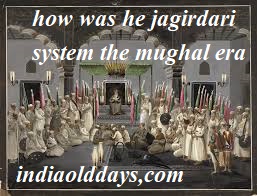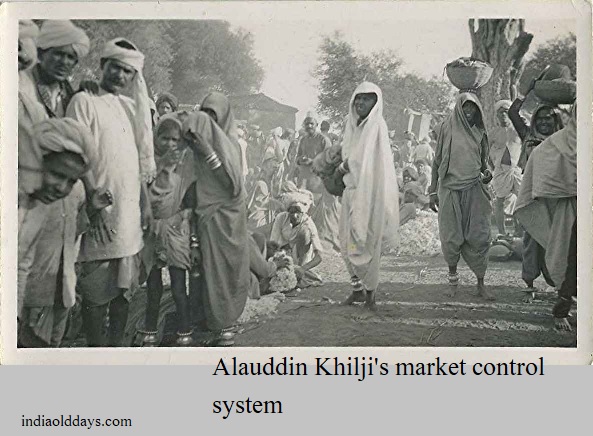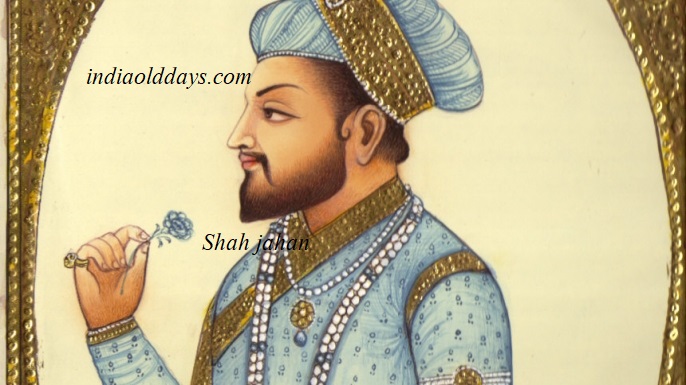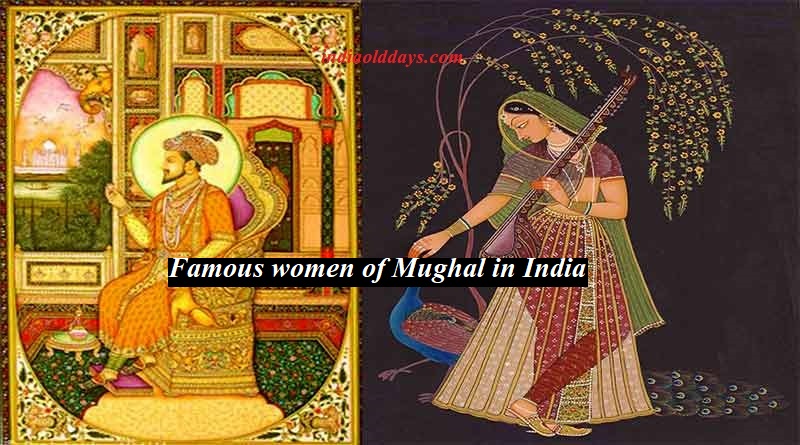Initial Kashmeer
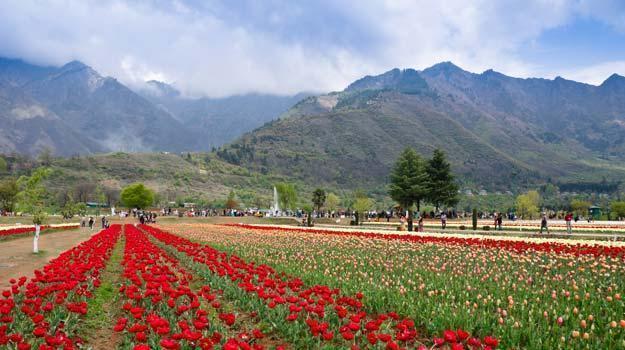
Other Important Facts-
- What were the major events of Akbar,s period?
- Religious Movement of Ancient India
- Important Facts about Jainism
- What is jain philosophy
In 1301, Suhadeva established a strong Hindu dynasty in Kashmir. 1339 AD In Shah Mirza or Shahimar, the courageous worker (Minister of the King of Kashmir) took control of the throne of Kashmir and established the Muslim dynasty (Shahmir Dynasty) there. The founder of this lineage, Shahmir or Sultan Shamsudin, gave justice and fairness Started to rule on the basis. He ended the feudal system in Kashmir and allocated Iktaan to his loyal Hindu and Muslim generals and thus popularized the Turkish rule system.
The ruler of Kashmir-
Shihabuddin (1356-1374) – This is considered to be the real founder of the Shahmir Dynasty. He established his dominion over Kashmir and restored the regime.
Sikandar (1389-1413) – The next important ruler of this lineage was Alexander. In the same reign, Timur invaded India. During Sikandar’s regime, Syed Muhammad Hamdani, son of the prominent Iranian immigrant Sufi saint Syed Ali Hamdani came to Kashmir. Sultan welcomed him and built Khanqahs for him. Sati’s practice is banned. Alexander was a noble ruler. He appointed a Brahmin named Suhabhatta as his Chief General and Chief Counselor. Later, Suhabhata embraced Islam. Alexander did many atrocities on non-Muslims. In reference to his atrocities, the Farishta wrote that “On the suggestion of Suhabhatta, Sultan ordered that all Brahmins and scholars become Hindu Muslims and those who do not accept Islam, they should leave the valley (Kashmir).”
During this time the temples were destroyed and gold and silver sculptures were converted into coins in the imperial mint.
- Sultan Zainul Abidin (1420-1470 AD) – The new Sultan followed the very unfavorable liberal, philanthropic and tolerant policies of the strict fanatic policies of his father Sikandar Shah. He rebuilt Hindu temples destroyed by his father, the Brahmins who were forced to leave Kashmir were inspired to come home. This ruler removed Jaziya. Cow slaughter is prohibited. Respecting the sentiments of the Hindus, the SAT has lifted restrictions on practice. He was a scholar of languages such as Kashmiri, Persian, Sanskrit and Arabic etc. He used to write poems in Persian from the Qutub nickname. On his order the Mahabharata and Rajatarangini were translated into Persian. He was the lover of music. The king of Gwalior, after listening to his music, sent two rare Sanskrit music texts. Kashmiri people honored him with the title of Woodshah (Great King). Due to his generous policies, he is called Alauddin Khilji of Kashmir due to Akbar of Kashmir and value control system. The island of Jain Lanka was built by him in Wular Lake. He composed a Shikaayatanaamaa book. He gave his elder son away the country.
Its successors were ineligible, resulting in 1586 AD. In Mughal Emperor Akbar, Kashmir got its empire in its empire.
Reference : https://www.indiaolddays.com/

